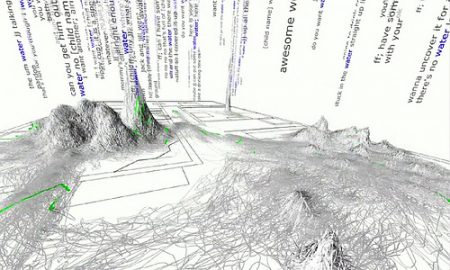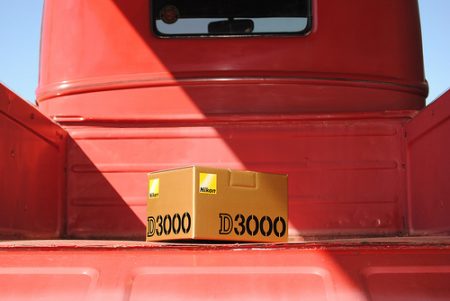August 24, 2016 – Today’s article comes from Michael Glass. He is a technology and gaming blogger originally from Ireland. Currently based in New York, Michael follows the latest trends in technology, and the way people and businesses are changed by its impacts. His interests include the latest virtually reality game releases, data science and artificial intelligence.
Michael’s topic is the collation and analysis of large data sets. This is not just a business tool. Today scientists, doctors and engineers employ analytical tools to study millions of records in multiple databases seeking correlations that normally would be difficult to uncover. It is leading to new discoveries, medical cures, new materials, and countless other innovations.
Please enjoy Michael’s article, his first here at 21st Century Tech blog.
Today big data is the key to big business. That’s the sentiment of tech experts and business owners these last few years. But is that really the case?
Big data is an overarching term used to describe the collation and analysis of large data sets. Thanks to the increase in ways to collect data online, businesses now have more information to analyze than ever before and that, in theory, means they can refine their products to better suit customers.
Of course, with companies now collecting more data on us people often worry about their privacy. Thanks to laws governing the collection and use of big data, however, it certainly seems as though the practice is a force for good in the business world at least. And with more companies making use of big data, it is useful to look at some of the more interesting places it is being used today.
Here are two very different industry examples.
Online Betting Uses Big Data to Target Specific Demographics
Online casinos are using big data to improve their return on investment (ROI). According to researchers at Oregon State University-Cascades, the common profile of an online slots player is a woman aged between 55 and 60 with a household income of $55,000+ US. Taking information like this into account more than 300 casino games for Canadian players at 32Red and many other sites are skewed to this demographic.
For example, if you take a look inside 32Red’s slots lobby you find games such as Bridesmaids (based on the popular movie) and Agent Jane Blonde. Both offer a distinct feminine slant. They are not only designed to appeal to women, but also offer six-figure jackpots to make them enticing propositions for those who have mid-to-high annual incomes.
Taking this application of big data a step further, Oregon State University-Cascades’ study also found that younger male players tend to prefer games like roulette. Using this knowledge, Casino Euro has stocked 11 of its 20 live dealer games with female croupiers, while Dazzle Casino’s live roulette is an all-female affair.
By using big data to breakdown the profile of the average online player, casinos tailor their menu of options accordingly. If they offer games with a female slant, casinos know they are more likely to hit the core of the market. In contrast, a platform that wants to go for something a little more unusual can move away from the norm and target outliers in a bid to offer a niche audience a niche product.
Big Data Streamlines Service Industries
Companies in the service sector have embraced big data to not only help them design their offerings to meet user requirements but also as a way to streamline business practices. UPS, the largest shipping company in the world, uses big data not just to improve service but, more importantly, to make it a more environmentally friendly company. With consumers more aware of issues such as climate change, often they look at a company not just for what it offers but also for its sustainability and environmental sensitivity. According to a recent IPSOS survey, 50% of Canadians are more inclined to buy from environmentally conscious companies. Additionally, 75% of Canadians are prepared to pay more for a product if they feel the company was socially and environmentally responsible. Taking this knowledge and combining it with its own big data insights, UPS Canada vehicles now use On-Road Integrated Optimization and Navigation (ORION). This is a system designed to create “optimal” routing to reduce fuel usage and hence carbon emissions. The result, a more fuel-efficient service which is better for the company’s bottom line and better for the environment. Indeed, it’s often the case that when you solve one issue with big data, you also solve another. As UPS has shown, tackling efficiency reduces both costs and emissions and that makes the company more attractive to customers on a variety of levels.
Big data isn’t a universal panacea. It can’t solve every business challenge. But using the technology is proving that businesses can make themselves more attractive to consumers while improving the way they operate.













